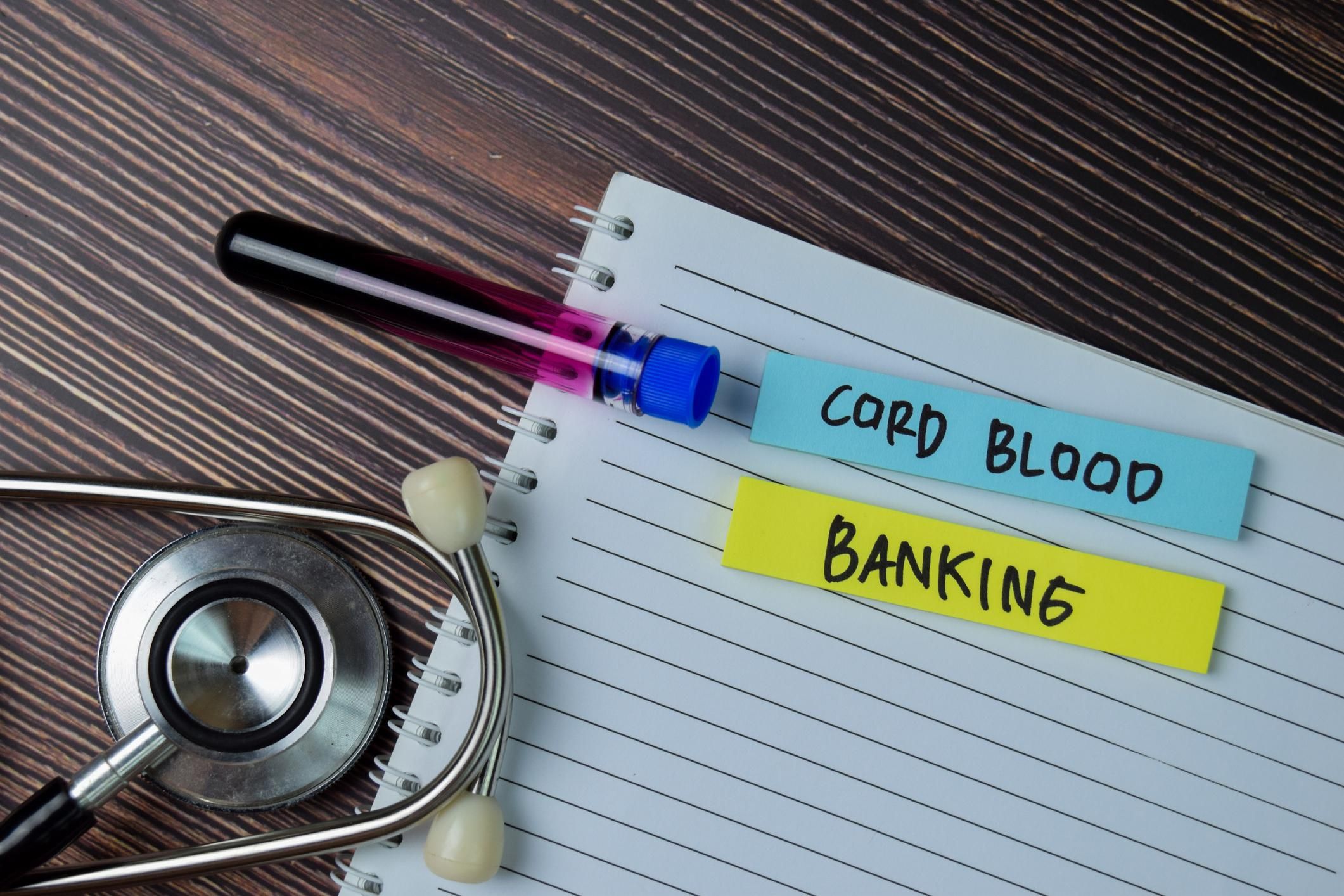When you complete your preadmission paperwork, don't be surprised if you're asked what you want to do with your newborn's cord blood. Cord blood is jammed with valuable cells called stem cells that can be used in transplants for diseases like leukemia and that may one day play a role in "building" new tissue. You can store the blood at a private cord blood "bank," where it will be available for your family only; or you can donate it to a public cord blood bank, which matches stem cells to patients who need transplants. If you choose the latter, the cord blood will not be available to you in the future if you or someone in your family needs it. A major issue is cost; private cord blood banks charge about $2,000 for collection and about $125 a year for storage. Public banks charge nothing for collection or storage. Read more to help you understand cord blood banking.
HealthyWomen content is for informational purposes only. Please consult your healthcare provider for medical advice, diagnosis or treatment.

Everything you need to know about women’s health — in one place.

6 Tips for True Self-Care in the New Year
Pedicures, massages and bubble baths are great — but don’t forget to take these 6 steps to true self-care
January, 02 2025
Your WellnessWomenTalk: The 411 on Femtech Questions
In this episode of WomenTalk, we’ll talk about all things femtech.
December, 23 2024
VideosHappy Holidays from HealthyWomen
It’s the most wonderful time of the year to take care of yourself
December, 23 2024
Your WellnessDoctors Shrugged Off My Cough Because I Wasn’t a Smoker — but I Had Stage 4 Lung Cancer
I’m not the only never smoker with lung cancer, and physicians need to do better
December, 19 2024
Real Women, Real Stories